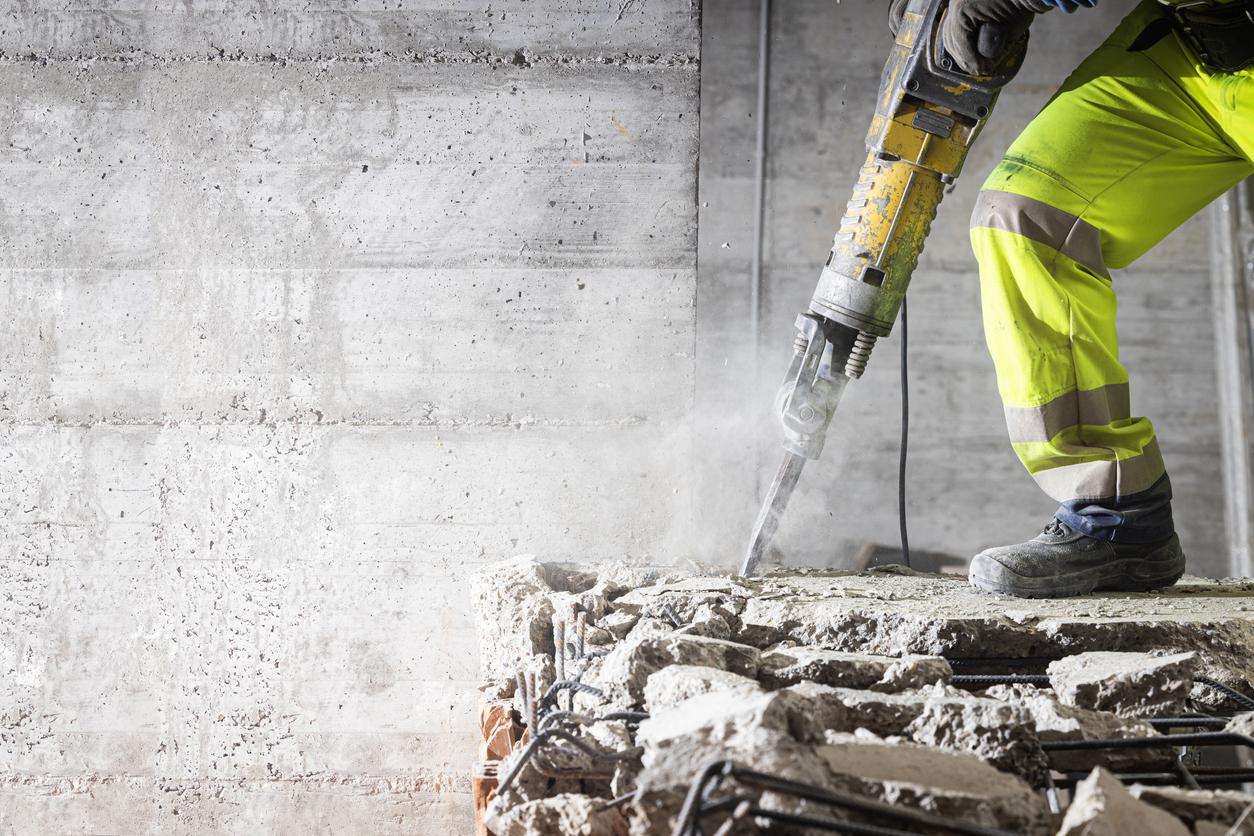Poor indoor air quality due to air pollution could cause cognitive deficits in babies and toddlers, according to a new UK study.

- This study, conducted by the University of East Anglia, demonstrates a link between poor air quality and cognitive impairment in infants under the age of two, with impaired visual cognition.
- Poor air quality could have a negative impact on the baby’s long-term development.
- Global efforts to improve air quality would be key to countering these harmful effects, the researchers point out.
A new study conducted by the University of East Anglia (UEA) in England and published on April 25 in the journal eLifereveals a link between poor air quality and cognitive impairment in infants under two years of age.
“Very small airborne particle fragments are a major concern as they can pass from the airways to the brain.”said John Spencer, the principal researcher behind the study and a professor in the UEA School of Psychology, in a communicated.
Pollution: babies’ brains are particularly sensitive to toxins
“So far, studies have failed to show a link between poor air quality and cognitive problems in babies, when brain growth is at its peak and the brain can be particularly sensitive to toxins. Our study is the first to show this association.”he points out.
To see how indoor air quality affects infant cognition, John Spencer’s team collaborated with the Community Empowerment Lab in Lucknow, India, a global health research and innovation organization that works with rural communities. They worked with families from various socio-economic backgrounds in Shivgarh, a rural community in Uttar Pradesh, one of India’s states most affected by poor air quality.
Researchers assessed the visual working memory and visual processing speed of 215 infants from October 2017 to June 2019. On a screen, the toddlers saw flashing colored squares that were always the same after each “blink” . On a second display, a colored square changed after each flash. “This task assesses the infant’s tendency to look away from something visually familiar to something new. We wanted to know if infants could detect the side change and how well they did because we made it more difficult by including more squares on each screen”explains John Spencer.
Global efforts to improve air quality can be key
The team then used air quality monitors in children’s homes to measure emission levels and air quality. They also took into account and controlled the socio-economic status of the family.
“This research shows for the first time that there is an association between poor air quality and impaired visual cognition during the first two years of life, when brain growth is at its peak.summed up Professor Spencer. Such adverse effects could continue over the years, negatively impacting long-term development.”
“Conversely, our research indicates that global efforts to improve air quality may have beneficial effects on infants’ emerging cognitive abilities.”, he adds. “This, in turn, could have a cascade of positive impacts as better cognition can lead to improved long-term economic productivity and reduce the burden on health and mental health systems”concludes the professor.

















